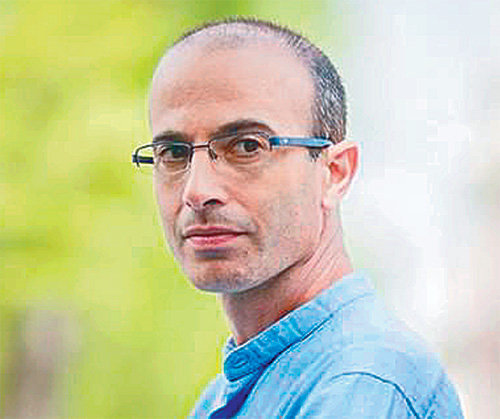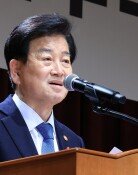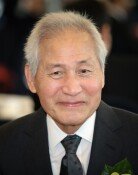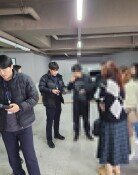Harari warns against hatred and ignorance in fighting COVID-19
Harari warns against hatred and ignorance in fighting COVID-19
Posted April. 24, 2020 07:38,
Updated April. 24, 2020 07:38

Yuval Noah Harari, a professor at the Hebrew University of Jerusalem and the famed author of the global bestseller “Sapiens,” stressed the importance of avoiding hatred and embracing compassion and solidarity in combating COVID-19.
“Humanity has all the scientific knowledge and technological tools to overcome the virus. Thereally big problem is our own inner demons, our own hatred, greed and ignorance,” warned Professor Harari in an interview with Deutsche Welle on Wednesday (local time).
Professor Harari pointed out the possibility that the establishment of digital surveillance system across the world can give rise to totalitarianism, but he gave an optimistic view that citizens’ interest in politics will be potent enough to counter the threat. He advised to trust a source with basic scientific evidence rather than listening to the politicians who have been lying to the public for a couple of years, while stressing, “Increased surveillance of the citizens should always go hand-in-hand with increased surveillance of the government.”
Once the pandemic blows over, the author emphasized, schools must offer a wide range of science curricula to students and take the warnings from scientists such as climate change more seriously. “We have seen various populist politicians attacking science, saying that scientists are some remote elite disconnected from the people,” Harari said. “But in this moment of crisis all over the world, we see that people do trust science more than anything else.”
He also proposed the idea that the current pandemic will be remembered as a turning point of the 21st century by future historians. Harari forecast that the coronavirus will change the structure of labor market with robots and computers that cannot get infected with a virus replacing people in more and more jobs, but he added that the end result will hinge upon the “decisions we make.”
jyr0101@donga.com




![[속보]14명 사상 종각역 가해 운전자 약물 양성반응…경찰 긴급체포](https://dimg.donga.com/c/138/175/90/1/wps/NEWS/IMAGE/2026/01/02/133084436.4.jpg)


